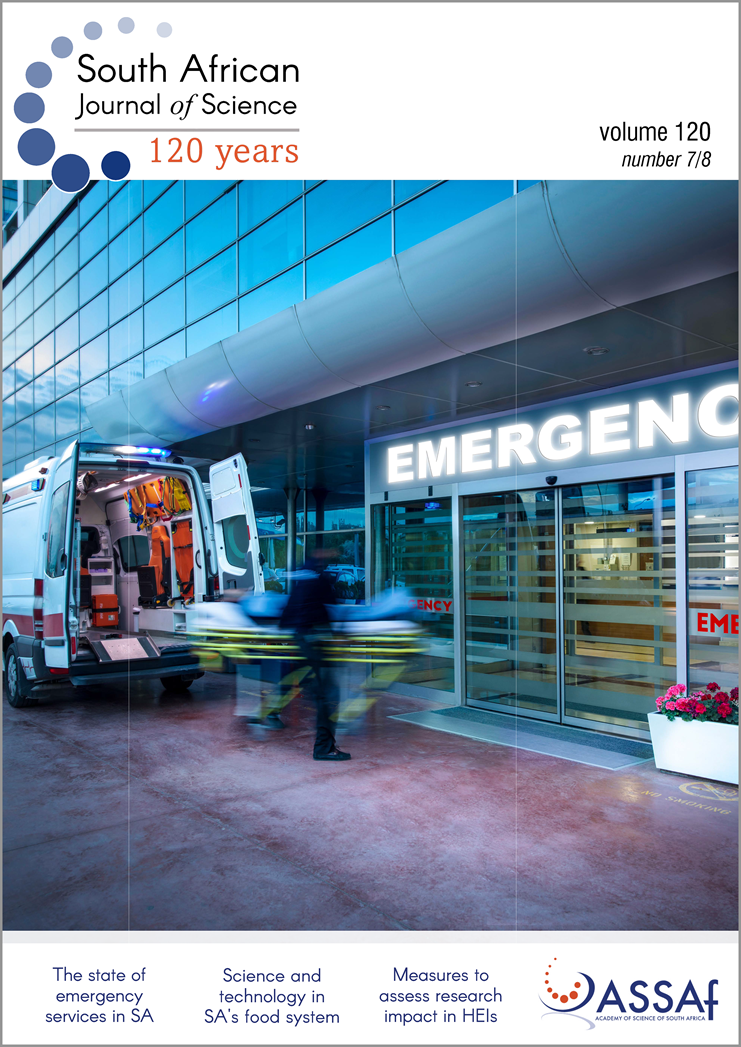The provision of goods and governance in local communities during an emergency: Findings from an urban space in southern Africa
DOI:
https://doi.org/10.17159/sajs.2024/15913Keywords:
urban governance, political goods, marginalised communities, criminal gangs, complex urban spacesAbstract
The provision of political goods and governance in marginalised local communities, located in Cape Town, South Africa, during the national lockdown periods (due to the COVID-19 pandemic) is described. The focus is on an African city, drawing attention to the growing importance of urban governance on the continent. Rapid urbanisation and emergency periods (such as the pandemic) are adding to the complexity of the urban space. This study found that communities in the city relied mostly on themselves for the provision of goods, and that the provision of security remains a critical political good, informing governance. However, the findings confront literature on a hierarchy of political goods, in which security is at the apex. In the given context, the sequence of the provision of goods changes to a non-hierarchical process. The fulfilment of other political goods will facilitate improved provision of security. Good governance needs to be informed by an integrated approach to, and the synchronous fulfilment of, political goods.
Significance:
- During times of emergencies, already marginalised urban communities experience greater political neglect and are left to protect themselves and to provide for each other.
- These communities experience desertion across the spectrum of political goods.
- Resilience in such communities needs to be improved through good governing principles.
- Although optimal local level governance relies heavily on the provision of security, the importance of the provision of education, employment, political freedom, housing, and health services (to mention a few) requires renewed attention.
Downloads
Published
Issue
Section
License

All articles are published under a Creative Commons Attribution 4.0 International Licence
Copyright is retained by the authors. Readers are welcome to reproduce, share and adapt the content without permission provided the source is attributed.
Disclaimer: The publisher and editors accept no responsibility for statements made by the authors
How to Cite
- Abstract 436
- PDF 420
- EPUB 218
- XML 112
- Supplementary material 286
Metrics
Funding data
-
National Research Foundation
Grant numbers 119508












.png)